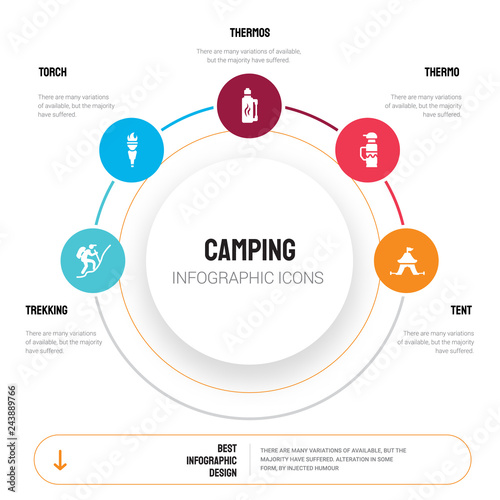Picking the right framework product is vital for event outdoors tents. Whether it's covered steel for budget camping tents or anodized light weight aluminum for durable applications, there are many factors to consider to bear in mind.
Steel structures are common in lower-priced pop-up camping tents however are prone to rust despite layers and require regular upkeep. Aluminum is light-weight, normally withstands rust, and holds up well in moist or coastal settings.
Steel
When it concerns making sure the longevity of customized outdoors tents, the material made use of in their structures plays a crucial function. Steel and aluminum alloys both offer costs toughness, yet each deals special benefits that make it proper for various types of settings. Steel is perfect for sturdy problems, while aluminum excels in standing up to corrosion and reducing maintenance expenditures.
When event hosts pick the appropriate outdoor tents for their demands, they require to take into consideration aspects like expected weather conditions. For instance, frame outdoors tents commonly do better in windy or rainy conditions than post outdoors tents due to the fact that they do not rely upon a main post to sustain the structure. Nevertheless, the connections between frame items can damage in high anxiety scenarios. Recognizing these weak points and performing regular evaluations can assist prevent prospective damage.
Steel frameworks are difficult to cut, weld or shape, which can require specialized tools and enhance labor expenses. Additionally, they have a tendency to rust or wear away conveniently and might need additional protection or layers. In addition, steel is really hefty and can trigger problems when delivering a cover. It's likewise challenging to keep for extended periods of time since it takes up extra room than light weight aluminum frameworks.
Aluminum
Aluminum is a popular frame material for canopy tents due to the fact that it's light-weight, rust-resistant, and very easy to transport and set up. It also provides a more secure sanctuary during gusty conditions than steel frames. Light weight aluminum is much less susceptible to tearing and any type of damage can be easily repaired, lengthening the life of the outdoor tents. It likewise breathes to lower condensation and uses remarkable acoustic insulation to dampen outdoors noise.
The toughness of light weight aluminum frame tents is additionally boosted by the natural oxidation residential properties of the steel. It creates a compact oxide layer that safeguards the surface from rust and discolorations. Thus, the longevity of an aluminum appear outdoor tents can be boosted also better when the structure is plated.
Plated light weight aluminum is more powerful than steel and can withstand high wind speeds. Furthermore, the layer resists corrosion and stains, extending the life expectancy of the outdoor tents. Furthermore, plated aluminum is recyclable and lasting, making it ideal for businesses seeking LEED certification. The combination of these homes makes aluminum a more affordable choice than steel for big, heavy-duty tents, such as those made use of to fit industrial equipment and storage facility stock. Steel, on the other hand, is much more costly due to the fact that it calls for costly alloys such as nitrogen, molybdenum, and chromium to improve stamina.
Iron
Iron frame tents typically last approximately 15 years if the appropriate treatment and maintenance is applied. This includes regularly cleaning textile and checking metal components for deterioration and wear. By taking these procedures, event hosts can make the most of the reliability of their structures and guarantee their ongoing efficiency in challenging environments.
Steel is an excellent product for building durable outdoors tents, specifically for usage in rough weather conditions. It is a strong, sturdy, and economical product that supplies security and resilience for a wide variety of applications. However, steel is prone to rusting in damp and seaside atmospheres. The addition of protective finishings and normal upkeep can aid to minimize this threat, however these initiatives boost overall upkeep expenses.
In contrast, light weight aluminum is a much more sturdy option for a customized outdoor tents because of its all-natural oxidation residential properties. When anodized, aluminum becomes super-strong and as much as three times tougher than conventional light weight aluminum alloys. This makes anodized aluminum the second-hardest compound next to ruby (satellites, aircraft, and weather resistance army cars all make use of anodized light weight aluminum). In addition to its toughness, anodized light weight aluminum is likewise more immune to rust than steel. These aspects make aluminum an exceptional choice for turn up canopy outdoors tents and contribute to their capacity to bring longer warranties (5, 7, and also lifetime structure service warranties). In addition, aluminum is 1/3 the weight of steel enabling a much thinner framework design for even more modification options and boosted toughness.
